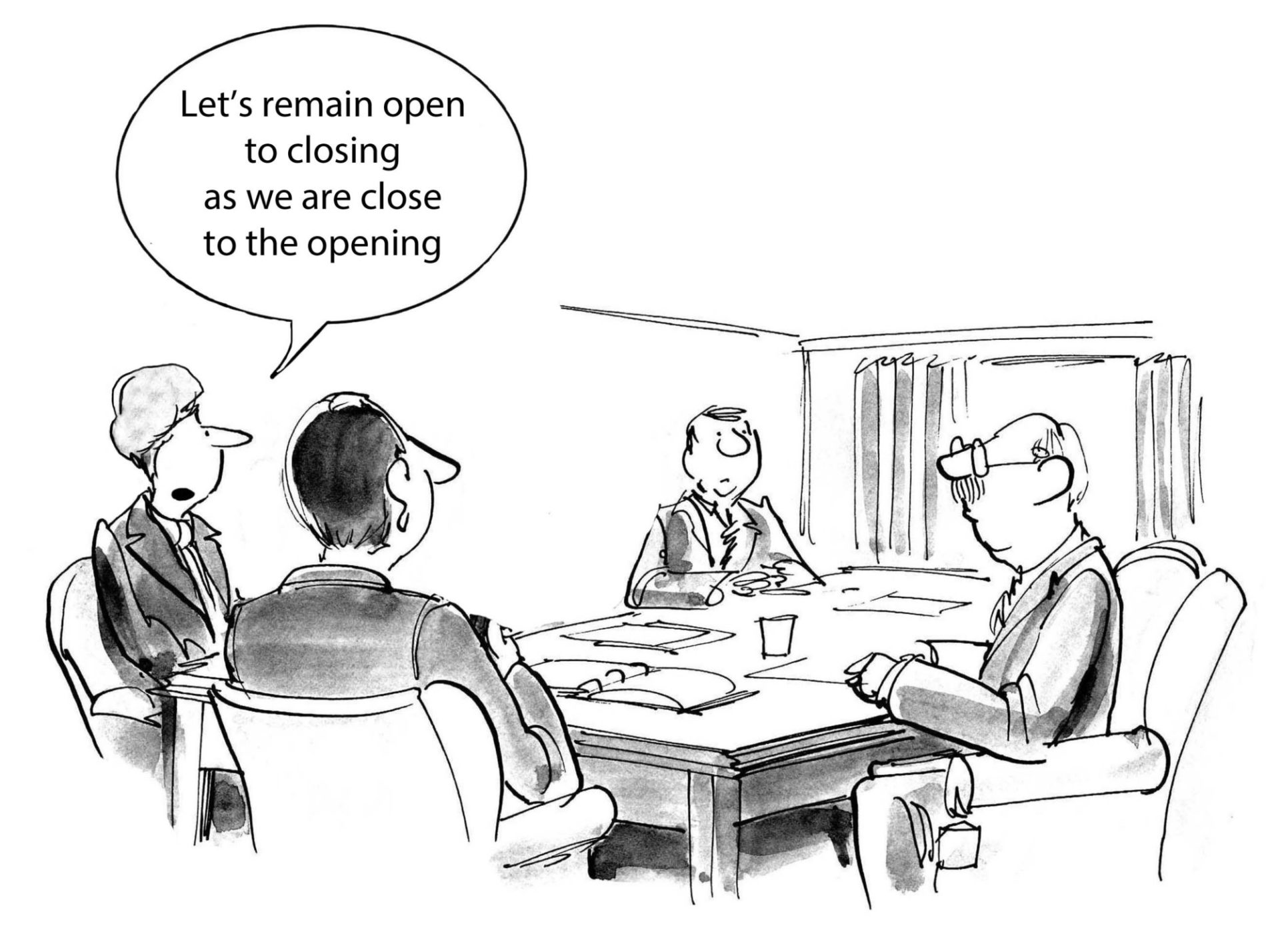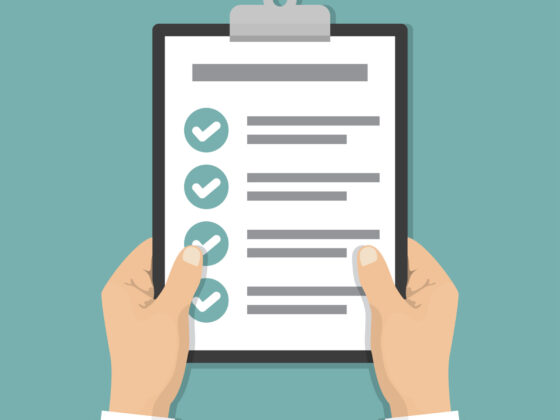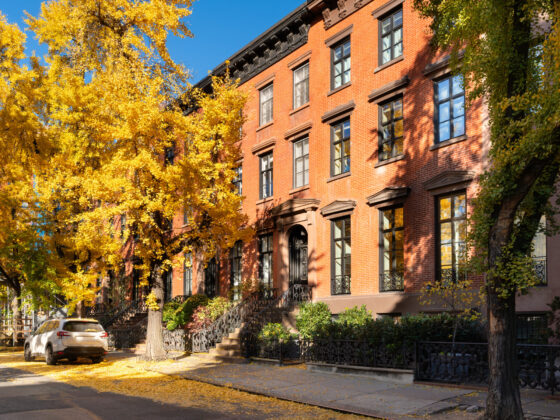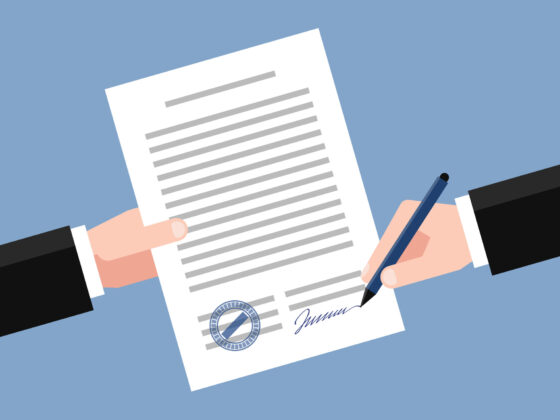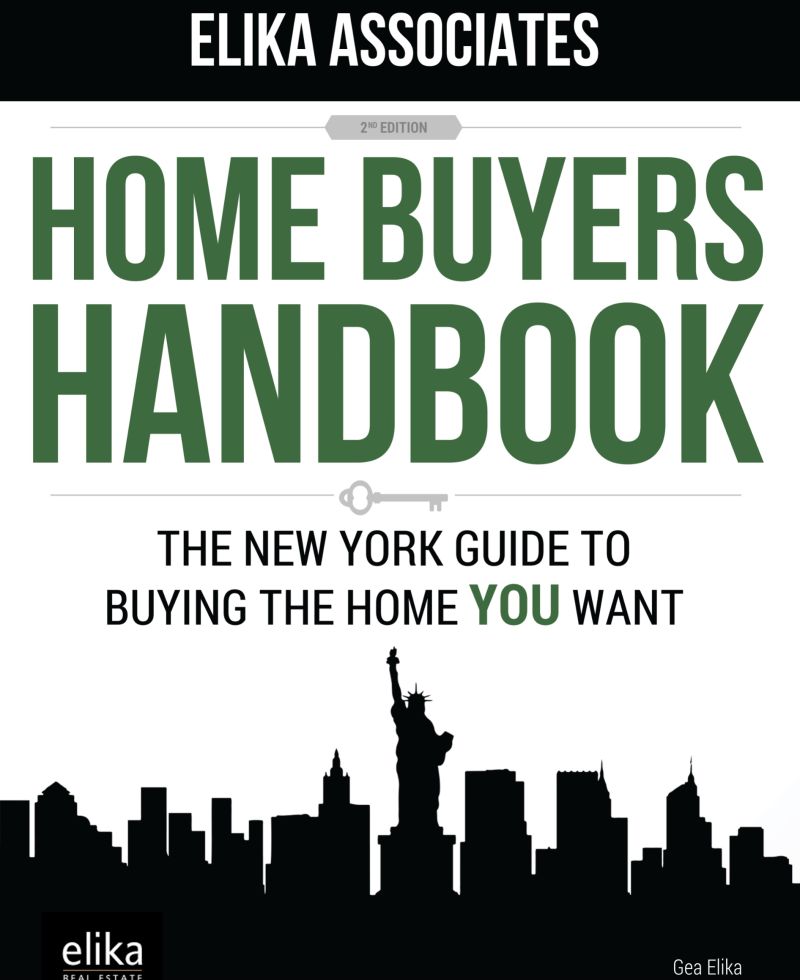Table of Contents Show
First-time homebuyers are anxious to start life in their new home. After all, navigating the New York City housing market is not easy, particularly in a seller’s market. The average time to settle on a New York City real estate transaction is 60 to 90 days. In addition, certain things must happen at a real estate closing for you to close. Each closing is different, and unique circumstances can alter the time frame. However, we provide a roadmap for homebuyers to know when they officially become homeowners after reaching an accepted offer with the seller.
What Happens at a Real Estate Closing in NYC?What Happens at a Real Estate Closing in NYC?
After months of searching and days of negotiating, it’s finally time to close on your New York City apartment. At this point, you’ve found your ideal home, assembled a board package (if purchasing a resale condo or co-op), passed the board’s interview in case of a coop, and you feel good about your purchase. Although you might think that the real estate closing consists of wrapping up a few details, there are still a few hurdles to overcome.
You should also have completed the final walk-through with your agent; if you haven’t done so yet, then don’t move forward with closing the sale until you’ve done so. Your agent must confirm that everything is as it should be and that your new apartment doesn’t have any huge problems that have previously gone unnoticed.
During the ClosingDuring the Closing
In reality, two closings may be happening at this stage; closing for sale and possibly closing your loan on the mortgage. This closing location could be at a few different places; the managing agent’s office, an attorney’s office, a broker’s office, or another area where the sale is officially recorded. During the closing, you, as the buyer, will (of course) be giving the agreed-upon amount of money to the seller. You receive a deed (for a condo) or a proprietary lease (for a co-op).
You (the buyer) and the seller will usually attend, and both sets of attorneys. Additionally, a closing agent, your real estate agents, and maybe a mortgage company representative will be there. Some insurance deals also might have to happen at this stage—be sure you’ve gone over all these things with your attorney beforehand.
Your Closing DocumentsYour Closing Documents
- The Real Estate Settlement Procedures Act (RESPA) statement itemizes all closing costs, also called the HUD-1 closing statement. You’ll need this document for income tax purposes and when you sell your property.
- The Truth in Lending Statement spells out the terms of your mortgage loan.
- The mortgage and the note, two separate documents, explain your mortgage obligation’s legal terms and agreed-upon repayment terms.
- Property Deed; transfers the ownership to you.
- Affidavits affirm various statements made by either party. For example, the sellers often sign an affidavit stating they have not incurred any property liens.
- Riders and Amendments; affect your rights. For example, a rider may outline the condo association’s rules and restrictions if you buy a condo.
- Home Insurance policies; provide a record and proof of your coverage.
Understanding Closing CostsUnderstanding Closing Costs
You will need to come with checks in hand when attending the closing. Your attorney will guide you on how much each check amount should be made payable based on your contract of sale. If you’re moving into a condo or co-op, you’ll have to pay for these closing costs.
- Attorney fees
- Filing fees
- Flip tax (in some cases when purchasing a co-op)
- Maintenance adjustment and appraisal (depending on the specific circumstances)
Assuming you’re financing, you’ll also need to have an Aztech recognition agreement, and you’ll have to pay a loan origination fee and a UCC-1 filing fee. You may even need to pay out for prepaid mortgage interest. Your attorney will provide you with a closing statement that itemizes the costs you and the seller paid.
Real Estate Closing StatementReal Estate Closing Statement
The closing statement will also specify the transaction’s various “debits and credits” of the buyer and seller. All of these will need to be paid; via certified checks. The real property transfer tax (which the seller usually pays) will also be given at this transaction stage. Finally, if the property in question costs more than one million dollars, you’ll also have to pay a “mansion tax” that comes out to 1 percent of the property’s purchase price.
Take care that you have all the correct checks lined up and know all the documents mean. Assuming you’re on the same page as the seller, though, the process should more or less be painless.
When FinancingWhen Financing
If buying with a mortgage, your lender must prepare a reasonable faith estimate of all settlement costs before the closing. Still, the title company or attorney calculates the exact amount you will be required to bring to close on your new home. Be sure to get a cashier’s check for your share of the costs a few days before the settlement date.
Since these costs are paid monthly or annually, you may pay for some services used by the seller before they move. Similarly, some expenses are paid in advance of services used. Proration allows the buyer and the seller to balance these accounts so that each only pays for their services.
What are the Closing Costs?What are the Closing Costs?
To estimate your closing costs when purchasing a Condo or Co-op property, visit our Closing Costs Calculator for Buyers.
